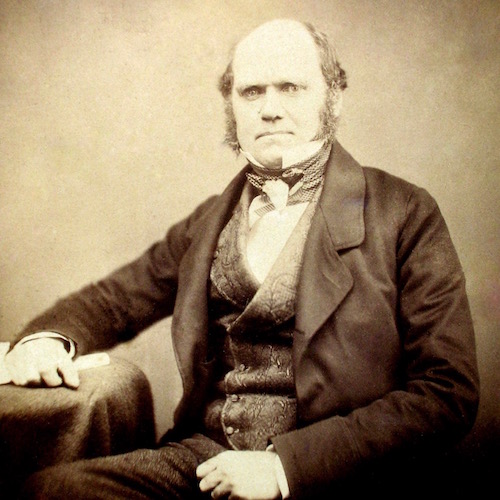 Evolution
Evolution
Can Evolutionary Theory Be Taken Seriously?

Stephen L. Talbott, a senior researcher at the Nature Institute in Ghent, New York, recently published online a fascinating article titled “Can Darwinian Evolutionary Theory Be Taken Seriously?” (The short answer is, not really.)
I first became acquainted with Talbott’s work by reading some articles by him in The New Atlantis a few years ago. Talbott argued convincingly that living things cannot be adequately understood as combinations of machine-like mechanisms, nor are they controlled by genetic programs in their DNA. There is something very special about them: Organisms exhibit an inner teleology that cannot be reduced to mechanisms or programs.
According to his profile at The Third Way of Evolution, Talbott spent many years working in the engineering organizations of computer manufacturers before he joined the Nature Institute in 1998 (the same year I joined Discovery Institute). He “attempts to show how our understanding of the organism and its evolution is transformed once we recognize and take seriously the organism as an intelligent agent meaningfully (though not necessarily consciously) pursuing its own way of life.”
In his most recent article (the first in a projected trilogy), Talbott asks why the public is still so skeptical of evolution. He answers that the public refuses to believe that their most basic perception of living things is an illusion. “Ever since humans began to think in a scientific or philosophical way about their fellow creatures,” he writes, they have observed that living things “possess a kind of active agency whereby they pursue their own ends. But now we hear that this age-old and self-evident understanding was a mistake.” Instead, agency has been transferred to natural selection, which “becomes rather like an occult Power of the pre-scientific age — all in order to render ‘illusory,’ and indeed to usurp, the visible agency of the organism.”
Talbott concludes that in the current theoretical milieu we don’t have answers to the questions most central to evolution; we don’t even have the right questions:
What we do have is a god-like power of natural selection whose miracle-working activity in creating ever-new organisms is vividly clear to eyes of faith, but frustratingly obscure to mere empirical investigators. This is not a science ready for submission to a larger public along with a demand for acquiescence. Not if this public has yet to dull its sensitivity to fundamental questions in the way that the research community seems to have done.
Photo: Charles Darwin, 1855, by Maull and Polyblank (The Complete Work of Charles Darwin Online) [Public domain], via Wikimedia Commons.
